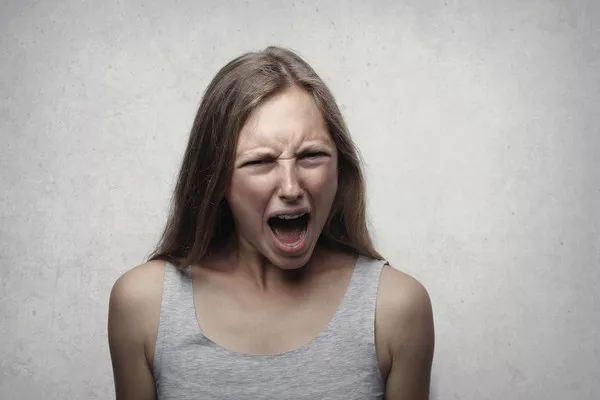Anxiety is a common mental health condition that can significantly impact a person’s daily life and overall well-being. While there are various treatment approaches available, therapy is a widely recognized and effective method for managing anxiety. This article aims to explore different therapy options that have shown success in treating anxiety disorders.
1. Cognitive Behavioral Therapy (CBT)
Cognitive Behavioral Therapy (CBT) is a widely used therapeutic approach for anxiety. It focuses on identifying and challenging negative thought patterns and beliefs that contribute to anxiety. CBT aims to restructure thought processes and behaviors to develop healthier coping mechanisms and reduce anxiety symptoms. This therapy often involves specific techniques such as cognitive restructuring, exposure therapy, and relaxation techniques.
2. Acceptance and Commitment Therapy (ACT)
Acceptance and Commitment Therapy (ACT) emphasizes accepting anxious thoughts and feelings without judgment while focusing on taking actions aligned with personal values. ACT aims to increase psychological flexibility and develop mindfulness skills to reduce anxiety’s impact. This therapy encourages individuals to let go of the struggle against anxiety and instead engage in purposeful actions that enhance their quality of life.
3. Mindfulness-Based Therapies
Mindfulness-Based Therapies, such as Mindfulness-Based Stress Reduction (MBSR) and Mindfulness-Based Cognitive Therapy (MBCT), incorporate mindfulness practices to alleviate anxiety symptoms. These therapies involve cultivating present-moment awareness, non-judgmental observation of thoughts and sensations, and developing a compassionate attitude towards oneself. Mindfulness-based approaches help individuals develop skills to better manage anxious thoughts, enhance self-awareness, and reduce reactivity to anxiety triggers.
4. Dialectical Behavior Therapy (DBT)
Dialectical Behavior Therapy (DBT) is often used to treat anxiety disorders alongside other conditions, such as borderline personality disorder. DBT combines elements of CBT, mindfulness, and acceptance-based strategies to help individuals regulate emotions, manage distress, and improve interpersonal skills. DBT focuses on finding a balance between acceptance of oneself and the need for change, providing valuable tools for coping with anxiety.
5. Exposure Therapy
Exposure Therapy is a behavioral therapy that gradually exposes individuals to anxiety-provoking situations or triggers in a controlled and supportive environment. By facing fears in a systematic manner, individuals learn to tolerate and manage anxiety responses, eventually reducing their impact. Exposure Therapy is particularly effective for specific phobias, panic disorder, and obsessive-compulsive disorder.
6. Psychodynamic Therapy
Psychodynamic Therapy aims to explore the underlying causes of anxiety by delving into unconscious processes, early experiences, and relational dynamics. By uncovering and processing unresolved conflicts and emotions, individuals gain insight into their anxiety symptoms and develop healthier coping strategies. Psychodynamic Therapy emphasizes the therapeutic relationship as a catalyst for change and personal growth.
7. Group Therapy and Support Groups
Group Therapy and Support Groups provide opportunities for individuals with anxiety to connect with others facing similar challenges. These settings offer a safe space to share experiences, provide mutual support, and learn from one another. Group therapy can enhance interpersonal skills, reduce feelings of isolation, and provide a sense of belonging.
Conclusion
Therapy offers valuable support and strategies for managing anxiety. Different therapeutic approaches, such as Cognitive Behavioral Therapy (CBT), Acceptance and Commitment Therapy (ACT), Mindfulness-Based Therapies, Dialectical Behavior Therapy (DBT), Exposure Therapy, Psychodynamic Therapy, and Group Therapy, have demonstrated effectiveness in reducing anxiety symptoms and improving overall well-being. The choice of therapy depends on individual needs, preferences, and the specific type of anxiety disorder. Seeking professional guidance from a qualified mental health professional can help determine the most appropriate therapy and develop a personalized treatment plan. Remember, with the right therapy and support, it is possible to alleviate anxiety symptoms, regain control, and lead a fulfilling life.



























